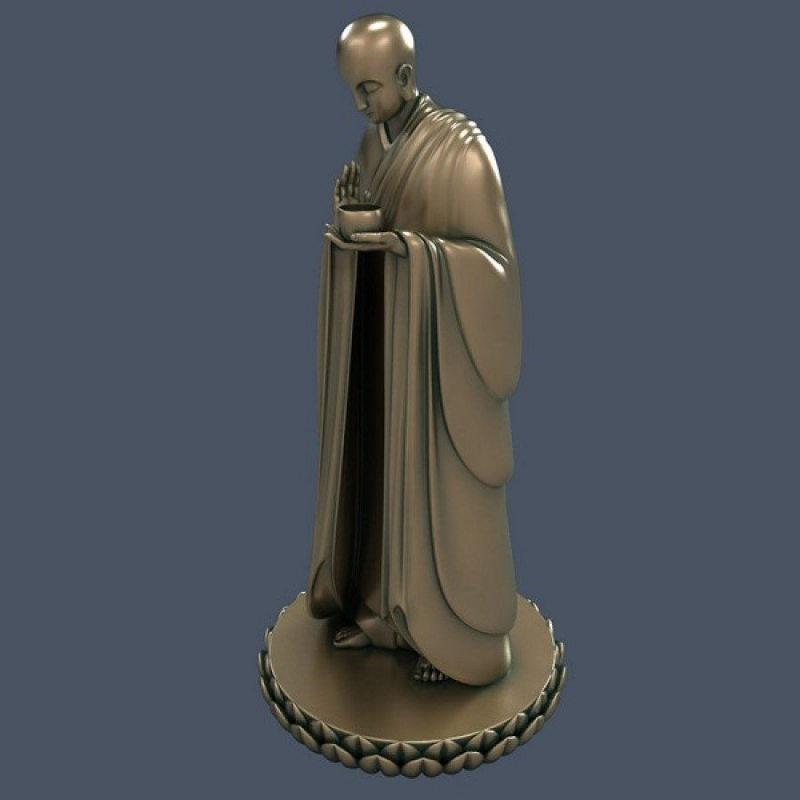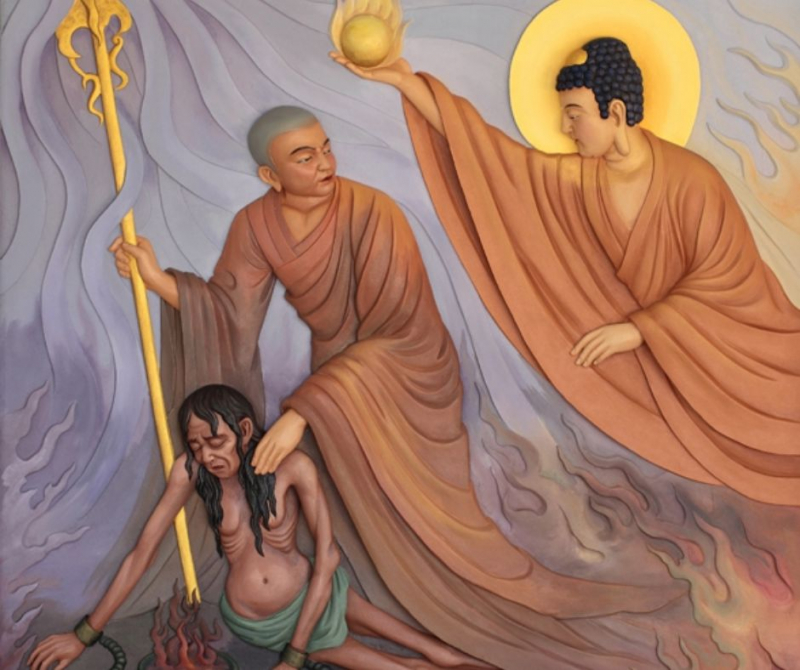Where did Vu Lan Festival come from?
'Vu Lan' is a Sanskrit-Han transcription of the Ullambana Sutra, also known as the Filial Piety Sutra. The original Sanskrit phrase, Ullambana, means to hang upside down, symbolizing the tremendous anguish souls endure in hell to atone for their evil conduct in their previous existence on earth.
The legend of Maudgalyayana is recorded in the Ullambana Sutra (or Muc Kien Lien in Vietnamese). Muc Kien Lien was one of Shakyamuni Buddha's famous pupils who attained higher understanding. During one of his meditations, he realizes that his mother is suffering the torments of hell - she was reborn as a hungry ghost for her bad acts. Muc Lien Lien mustered all of his spiritual skills to create her a dish of rice since she was hungry. Unfortunately, it burned to ash before his mother could consume it.
Back in the mortal world, Maudgalyayana requests that the Buddha assist him in fulfilling his filial obligation, which is a central tenet of Buddhism. The combined spiritual merits of their prayers and offerings were conveyed to the deceased parents after Buddha advised Maudgalyayana to organize a gathering of monks. Muc Kien Lien's mother, as well as countless other spirits, were liberated as a result of their united efforts. This day also occurred to be the seventh of the lunar month.
Others who want to honor their parents, particularly their mothers, and ease their pain can follow Maudgalyayana's example. Since then, Buddhists all over the world including in Vietnam have celebrated Vu Lan Festival during the seventh month of the lunar calendar.





